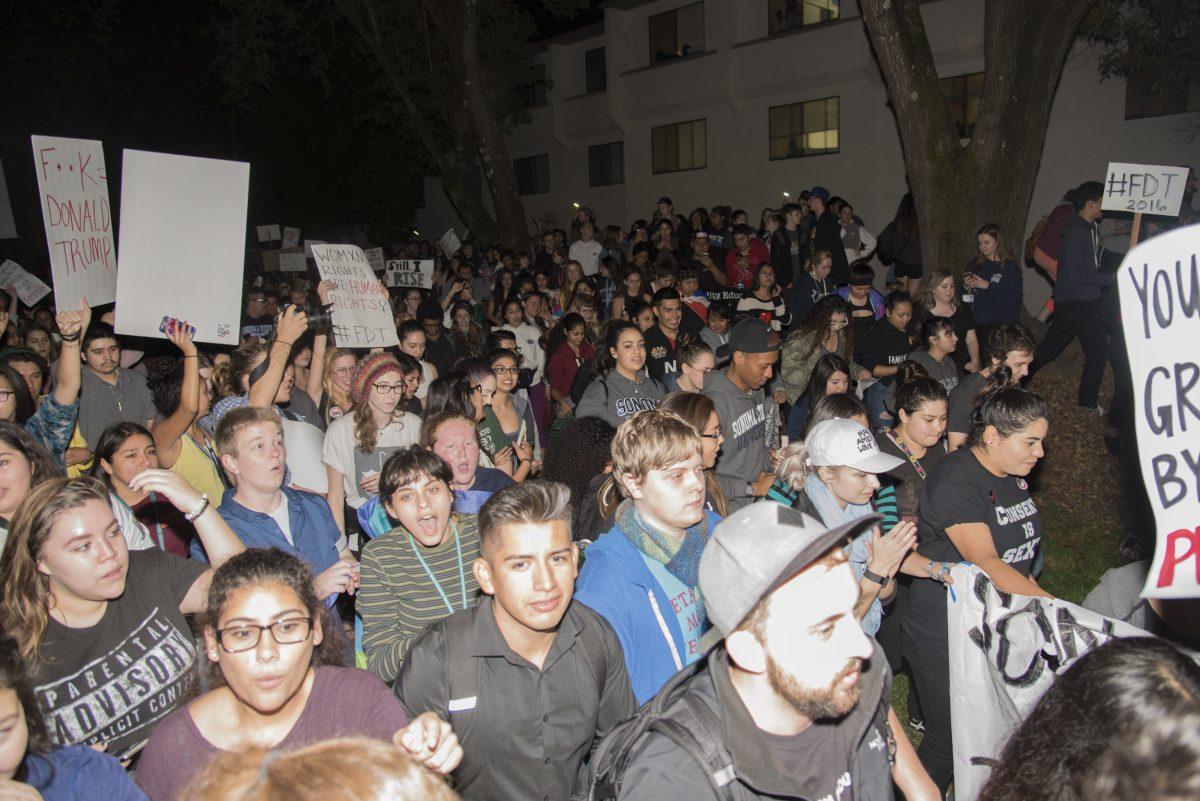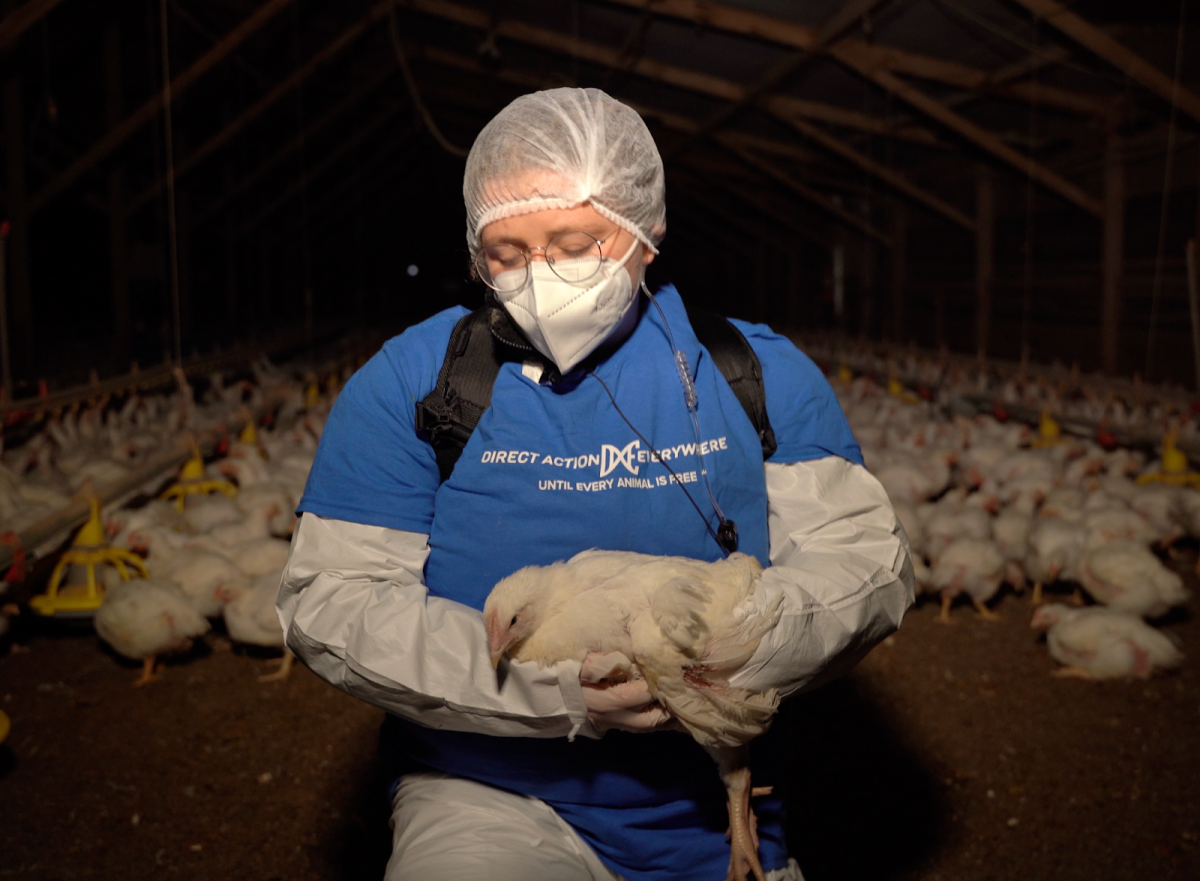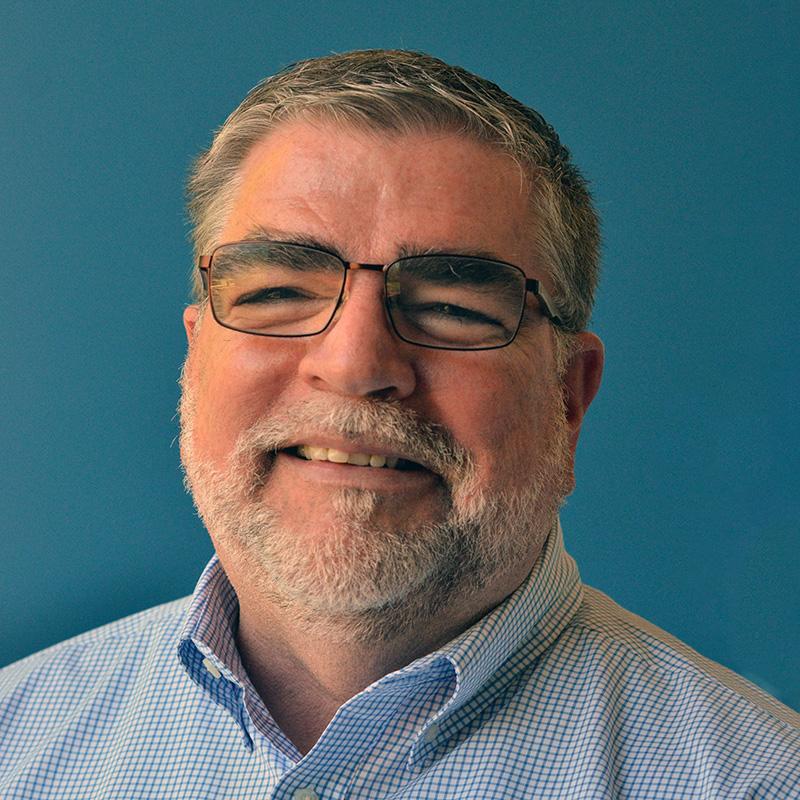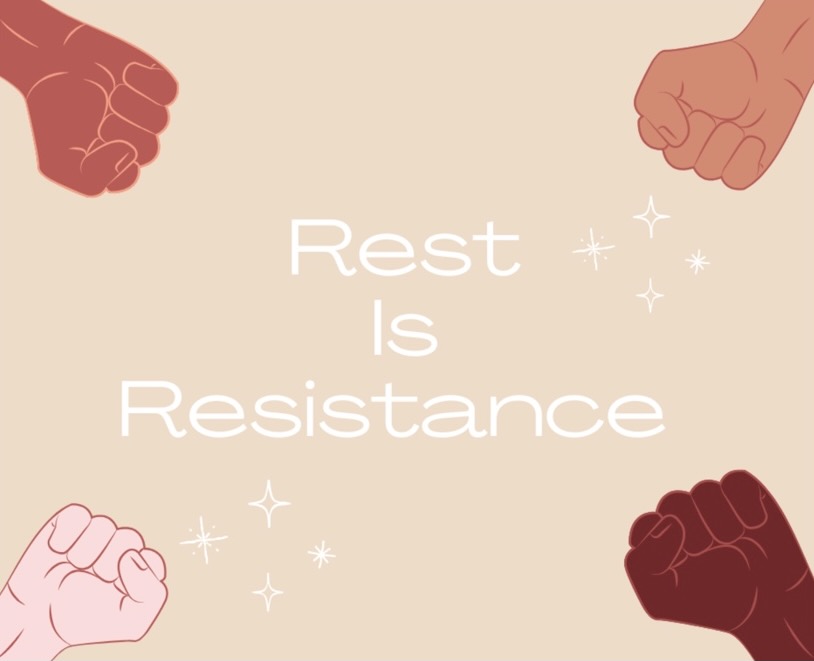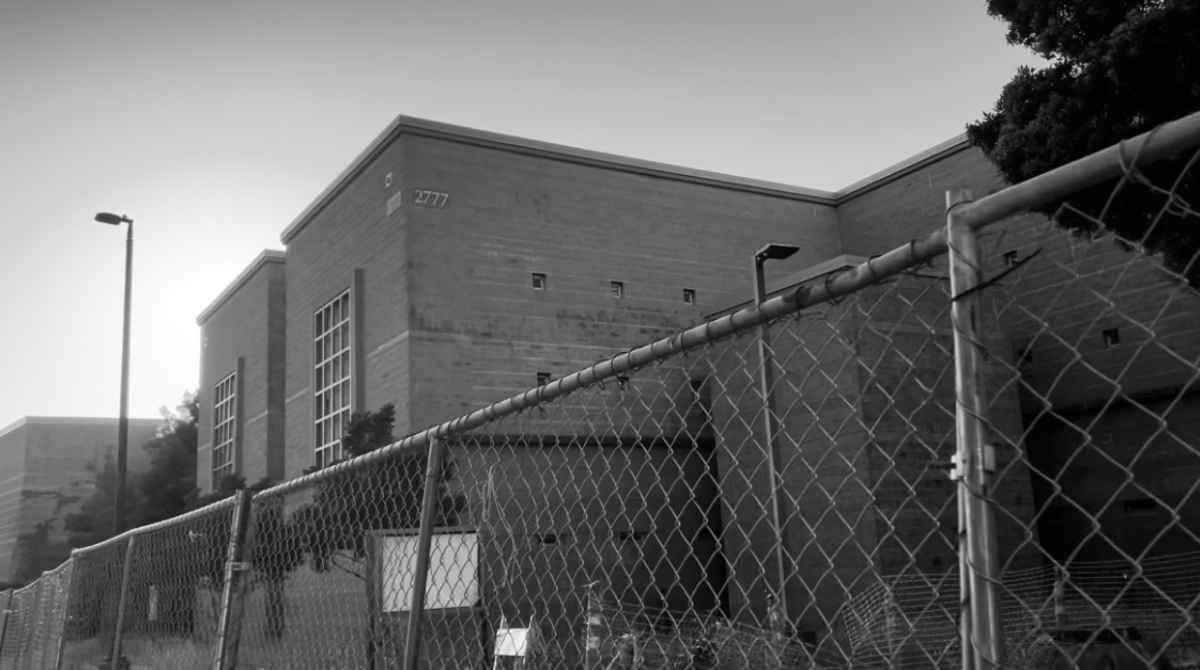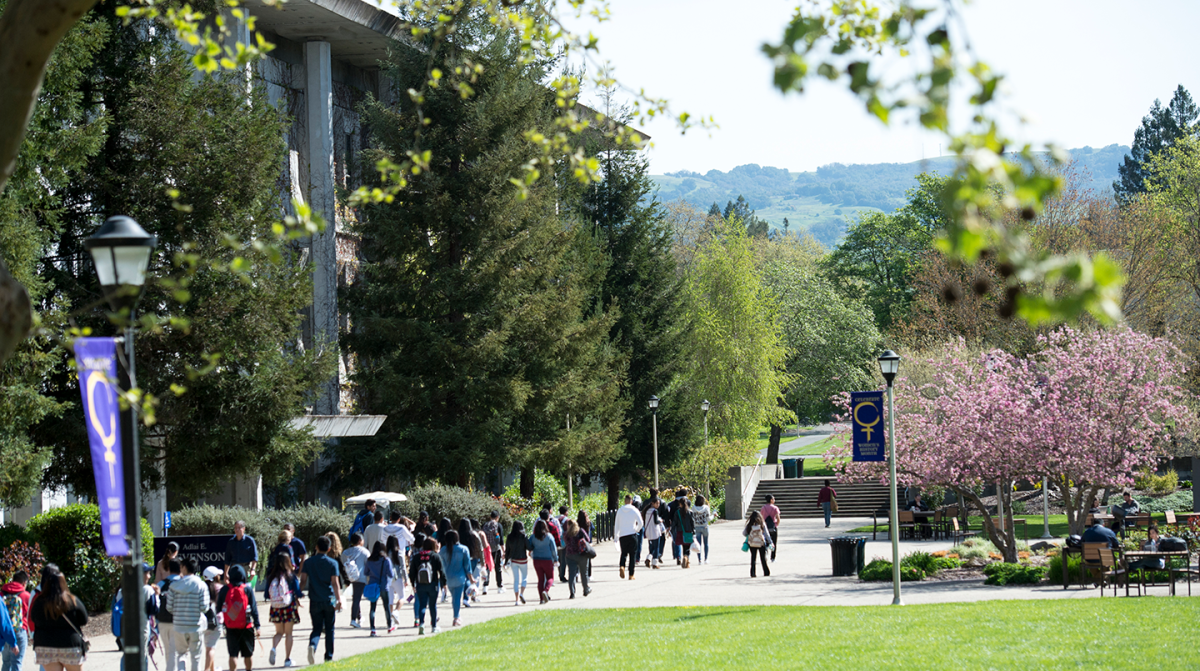The white sheet outlining the proposed Academic Success Fee, which was last estimated at $250 a semester to and would ensure more classes, was completed and passed on to Sonoma State University President Ruben Armiñana last weekend. Armiñana, Provost Andrew Rogerson and Chief Financial Officer Larry Furukawa-Schlereth met with CSU Chancellor Timothy P. White on Monday in Long Beach to discuss the fee.
The white sheet has not been released to the public. Rogerson said that the white sheet will only be released to the public if administration chooses to proceed with alternative consultation, in which Armiñana would meet with a representative sample of the campus as well as the Fee Advisory Committee. Otherwise, discussion of the fee will be dropped altogether.
Susan Gutierrez, director of Financial Aid at Sonoma State University, calculated if the fee is implemented, an increase of 6.9 percent would result on current total registration fees.
In the 2012-13 school year, 36 percent of undergraduates at Sonoma State received grant aid from the federal and/or state programs. Another 23 percent were eligible for federal loan assistance. Therefore, a total of 56 percent of undergraduates in 2012/13 relied on some form of financial aid.
To cater to a majority of undergraduates, Gutierrez said Armiñana is currently investigating the option of a new financial aid program in support students to paying the proposed fee.
“For us to create a new Financial Aid program, that would be perhaps possible. I do know that the president is looking into that option,” Gutierrez said.
Currently, most Financial Aid programs would not be able to support students in paying the additional fee. A situation that would leave the majority of Sonoma State students limited options to pay the fee.
Gutierrez drew comparisons between the financial decisions surrounding the proposed fee and those of everyday life in today’s economic downturn.
“Everything’s a trade-off. If you have to pay $200 more on your fees then you have $200 less for other things. Where are you going to make those cuts? Every individual student and family is faced with things like that, when gas prices go up or when groceries go up and our inco sme doesn’t necessarily go up. We are all dealing with these sorts of trade-offs all the time,” Gutierrez said.
Meanwhile, students and faculty are beginning to protest the fee at meetings and online.
Mathematics professor Rick Luttmann believes students shouldn’t have to make trade-offs, stating “education is clearly a public good.”
“I resist the administration’s attempt to blame that (the recession) exclusively to the problems and weasel out of their own responsibilities,” said Luttmann.
“Students have been brought to Sonoma State under the premise that taxpayers are funding most of their costs and they’re (the students) are going to pay a certain amount. They’ve paid for that and they expect to get an education. Now they’re being told if they really want an education, they’re going to have to pay extra. That’s just outrageous, the administration has to find some other way to do it,” said Luttmann.
The fee would increase current annual campus fees by 28 percent, an increase that Luttmann, amongst other examples, say “the administration has badly bungled the financial management of the university.” He cites administration and finance as the root of the university’s academic funding issues.
“We have as many managers at Sonoma State as CSU (California State University) Sacramento, which is four times as big. We have way too many managers and they’re way too highly paid. Way too much money is going into administration and finance; the money should be going into academic affairs. That would go a long way toward solving the problem,” Luttmann said.
Three years ago, CSU Long Beach was the first of the CSUs to implement a student success fee. David Dowell, Interim Provost and Senior Vice President of the Division of Academic Affairs at CSU Long Beach, said the fee has “enhanced student access to a high quality environment and classrooms and access to services such as advising.”
“On the whole I would say that the fee has brought benefits, but students have been paying for it. But I do think it brings benefits to the campus that would not have been possible without additional funding,” Dowell said.
Nancy Eckhous, staff support to Student Fee Advisory Committee at CSU Long Beach, supports the provost’s positive evaluation of the fee.
“We are seeing record graduation rates and we are seeing a very positive movement in student success,” Eckhous said.
As for the proposed Academic Success Fee at Sonoma State, Gutierrez said although it would hurt in the short term it could significantly benefit students in the long term.
“I think being able to graduate sooner is more valuable to students then what they would pay in the additional fee. Financially, I think it would come up in favor of the students even though it would be a little more difficult each year to pay the fees,” Gutierrez said.


